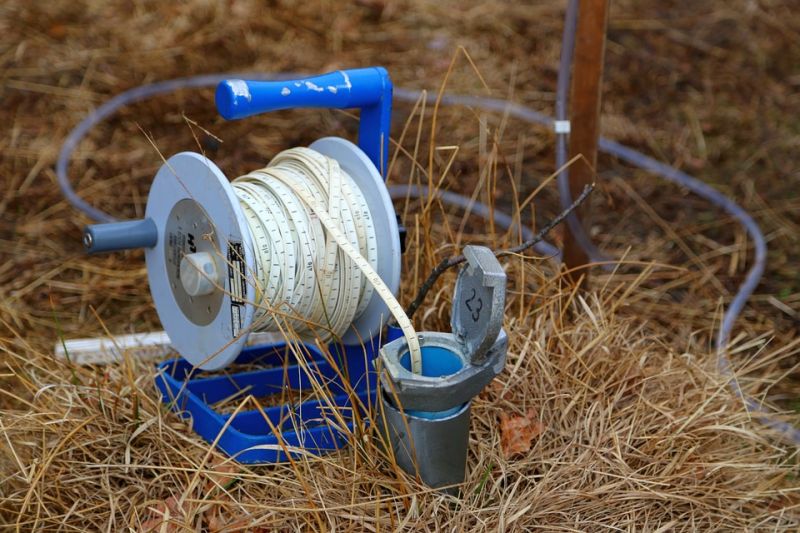Bangladesh Lost a Third of its Groundwater in a Decade
Published on by Water Network Research, Official research team of The Water Network in Academic
Although a deltaic country, Bangladesh faces water scarcity because of unsustainable groundwater extraction practices that exceed recharge rates threatening its food security, says a new study by an international team of researchers.
The study, published tin June in the Elsevier journal Science of the Total Environment, found that groundwater storage levels fell by 32 per cent during 2003 – 2013, worsening climate change-related water accessibility for the country’s household, agricultural and industrial sectors.

Representative image, Source: Pixabay
“We found that the groundwater storage level had declined by an average pace of 8.73 millimetres per year,” says Mehdi Khaki, research scholar at the School of Earth and Planetary Science, Curtin University, Australia and one of the authors of the study.
The researchers used remote sensing techniques and a hydrological model to separately analyse groundwater and soil moisture variations that were correlated with rainfall and water levels in Bangladesh’s rivers. They also investigated climate change impacts on groundwater storage.
About 75 per cent of Bangladesh’s cultivated land is irrigated with groundwater, according to a previous study. The rest depends on surface water sources such as rivers, catchment areas, wetlands, lakes and ponds.
Read full article: SciDevNet
Media
Taxonomy
- Resource Management
- Water Resource Management
- Water Resource Mapping
- Groundwater
- Sustainable Water Resource Management
- Water Resource Management
- Groundwater Recharge
- Groundwater Assessment
- Groundwater Pollution
- Groundwater Prospecting
- Groundwater Mapping
- Groundwater Resource